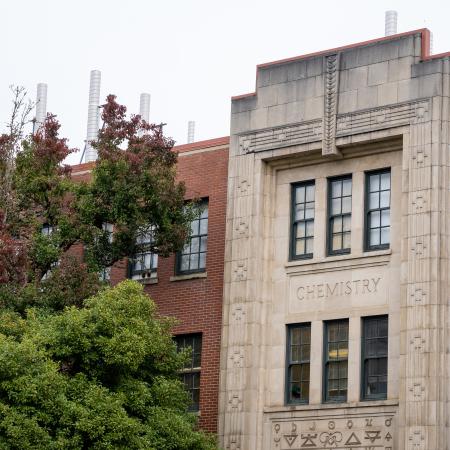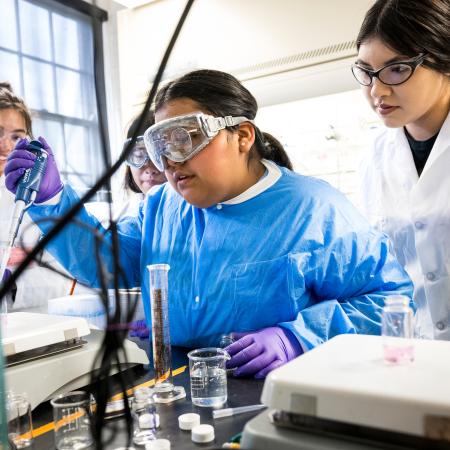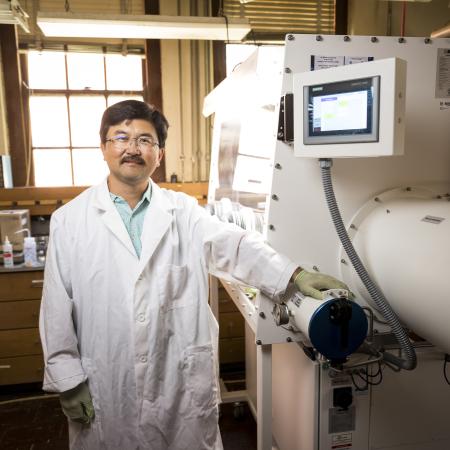Notes
aMTH 112 can be taken to prepare for MTH 251 if the score on ALEKS Math Placement assessment is 60-74. MTH 112 is not a required course for the chemistry degree.
bChemistry majors are strongly encouraged to take the chemistry major's orientation course, CH 220, Careers in Chemistry, fall term. This is 1cr (P/N).
cFor electives, choose three courses from the following list:
- CH 401 or CHE 401 Research (3)
- ENGR 221 The Science, Engineering And Social Impact of Nanotechnology (3)
- ME 581 Thermodynamics Of Solids (4)
- ECE 416 Electronic Materials and Devices (4)
- MATS 322 Mechanical Properties of Materials (3)
- ENGR 212 Dynamics (3)
- ME 316 Mechanics of Materials (3)
All pre-requisite courses to ENGR, CBEE or CHE courses require a C or better grade.
dCH 445 and CH 448 are not taught every year. CH 513 substitutes for this requirement otherwise CH 513 or CH 417X can be used as a material science elective.
Note: Students will be assigned a chemistry advisor involved in materials science in chemistry.
The order of courses is suggested. For the track-two core courses (CH, MTH, PH), the order is critical because of prerequisites and the fact that most CH courses are taught only one term per year. The options courses (ENGR, CHE, ME, etc.) can be taken at different times than indicated, but one must be concerned with the prerequisites and the fact that many of these courses are taught only one term per year.
Bacc Core courses are not shown in the table but are specified as Baccalaureate Core Requirements
This timetable is based on the courses in the enforced curriculum not necessarily listed in the OSU catalog.



